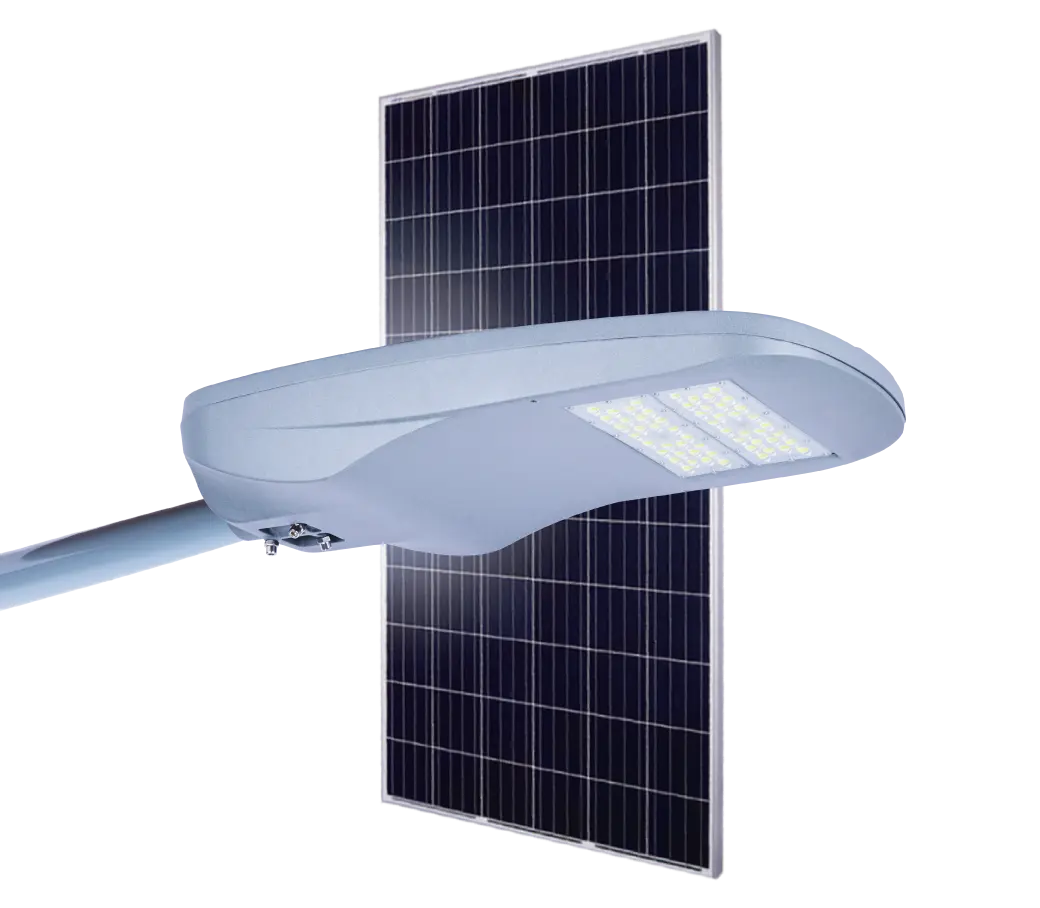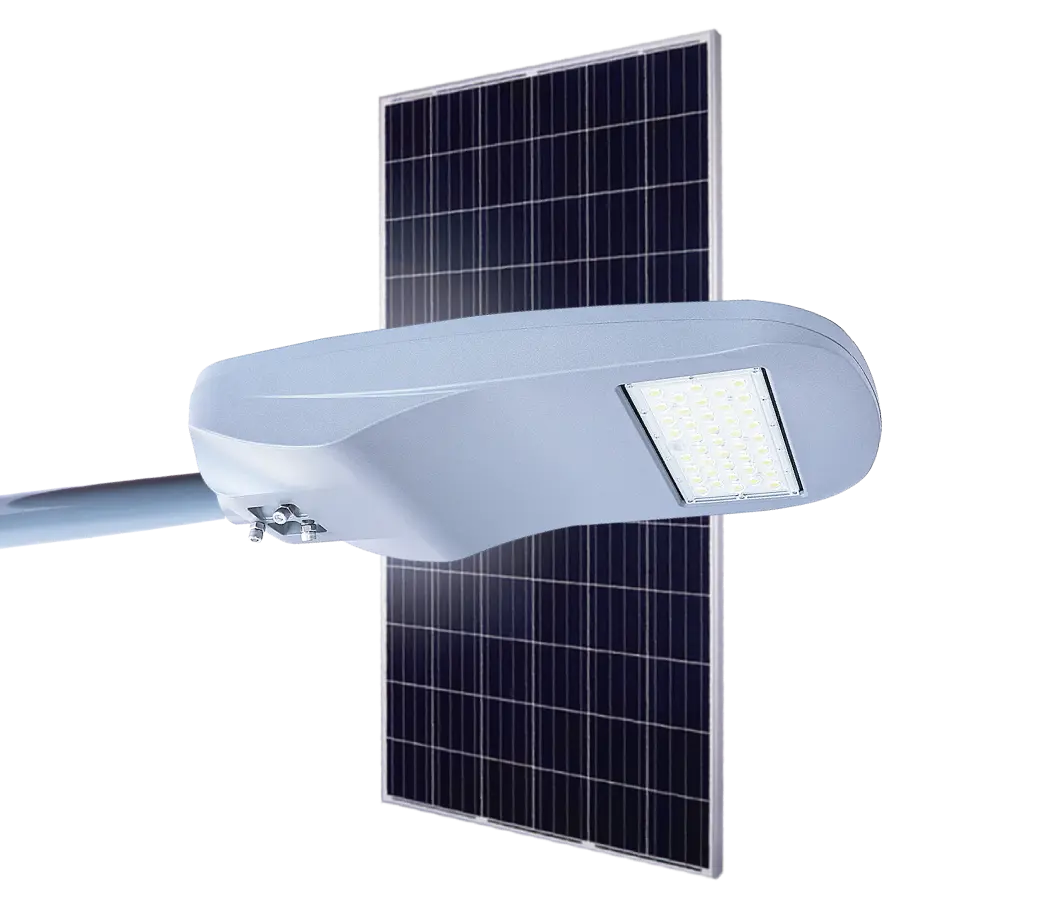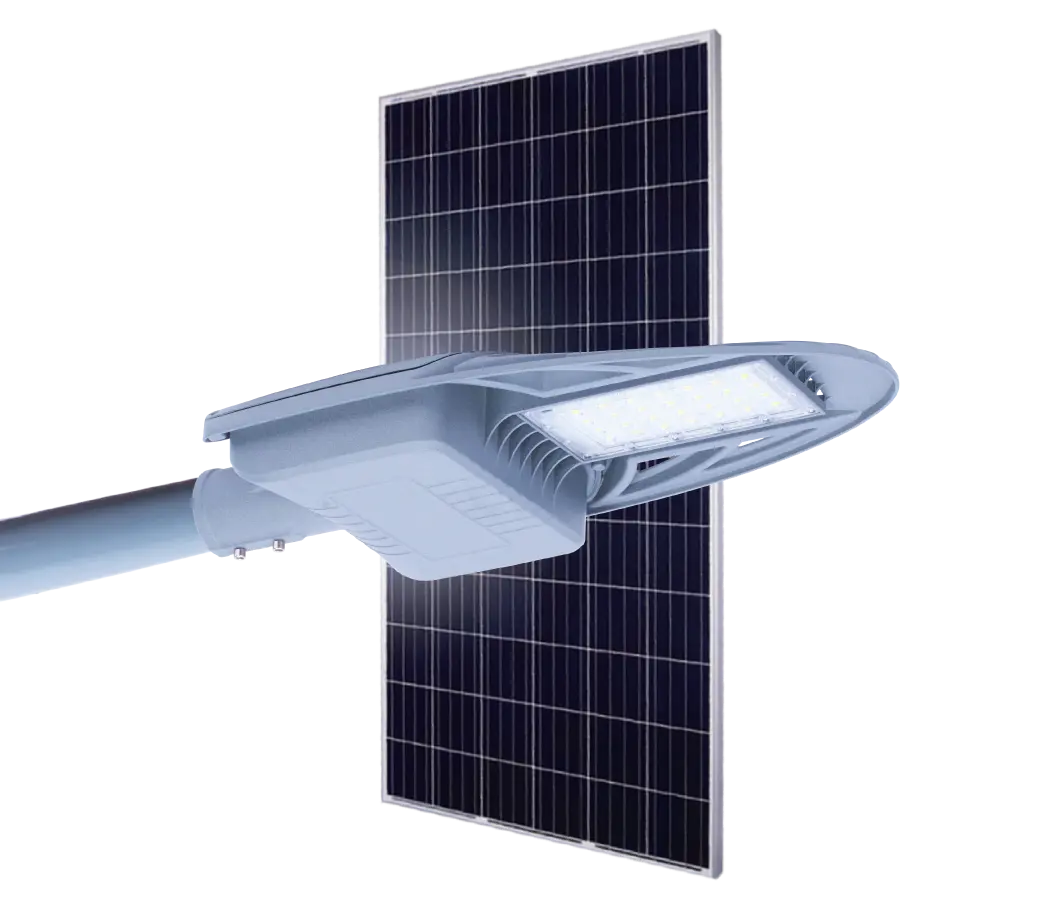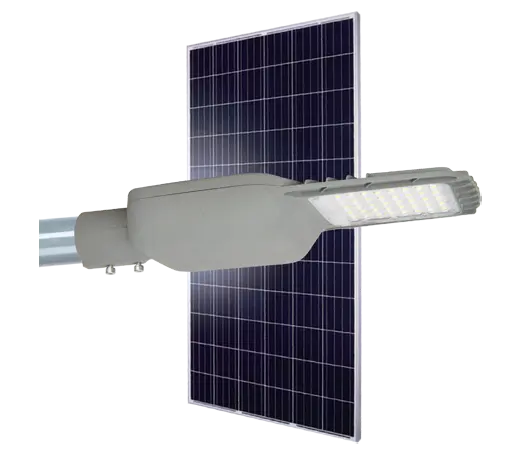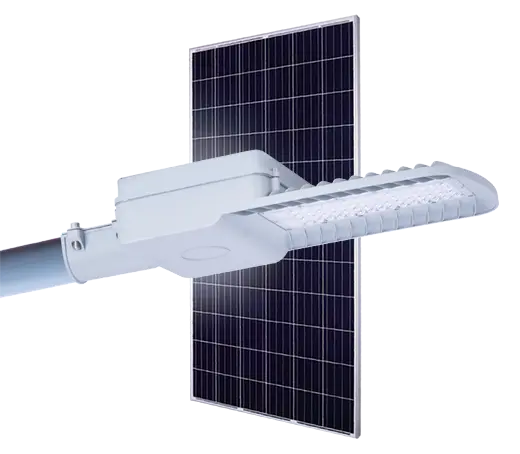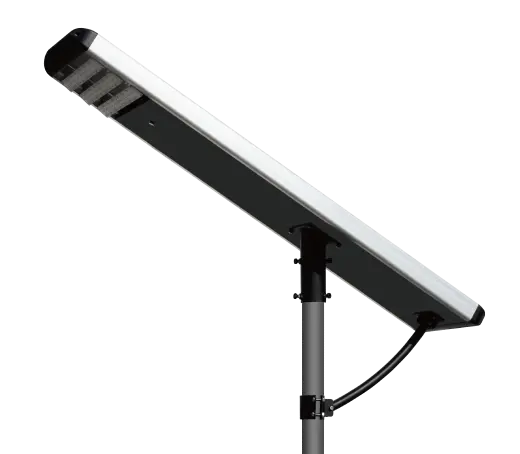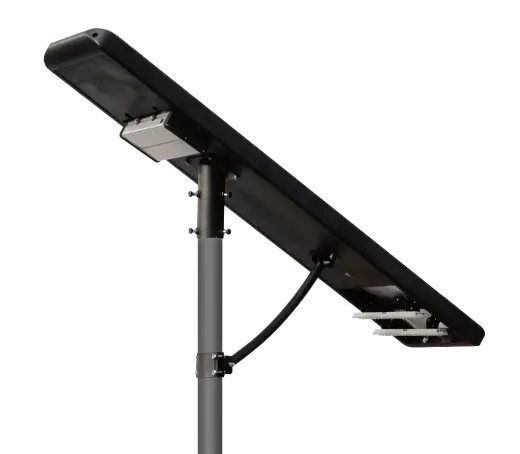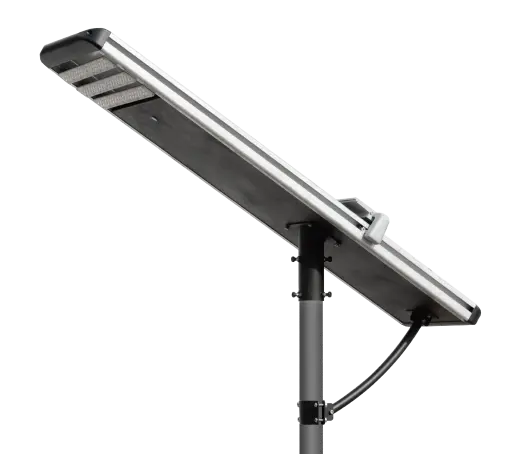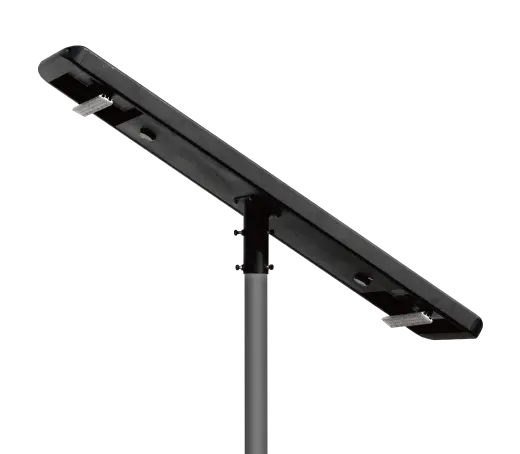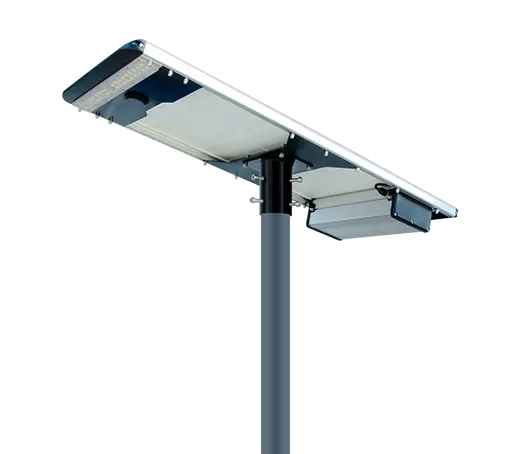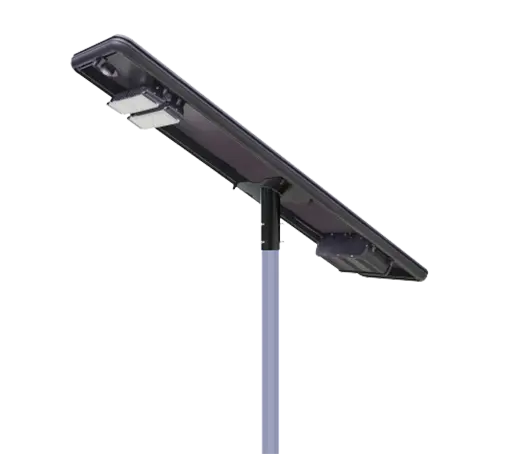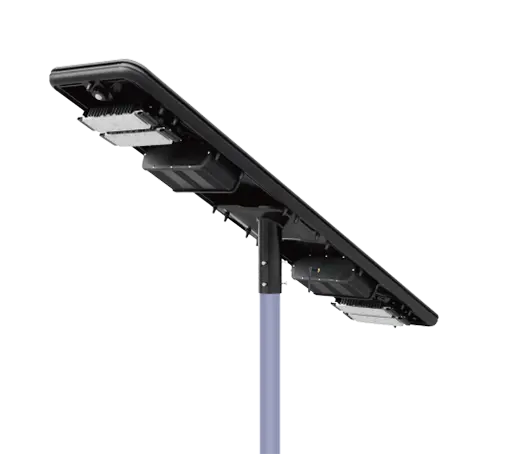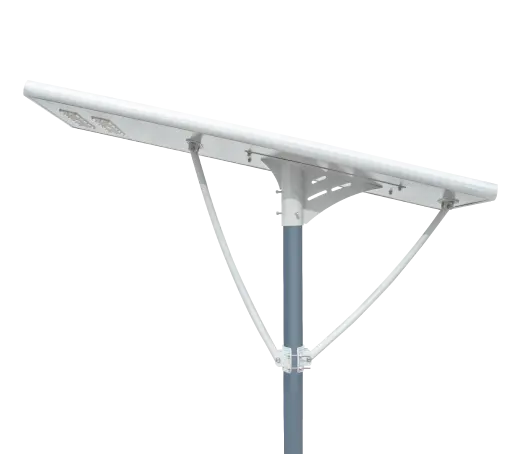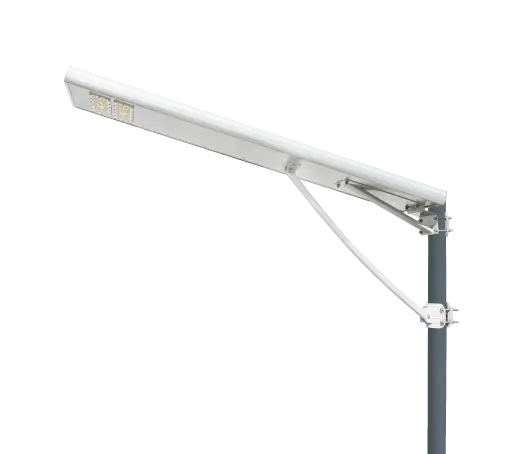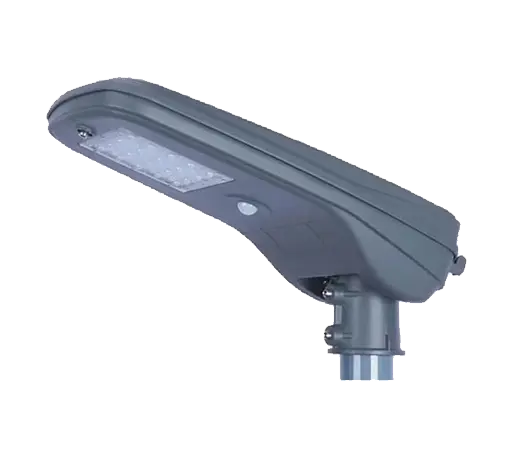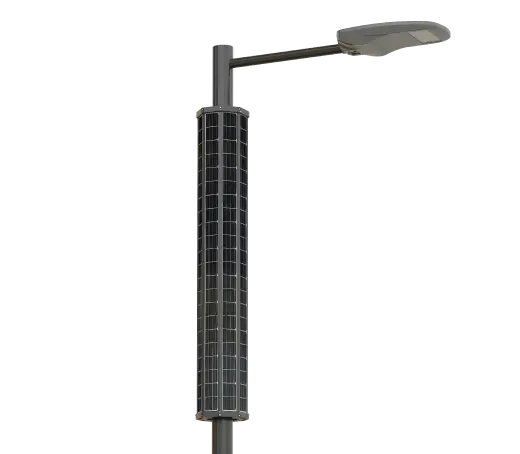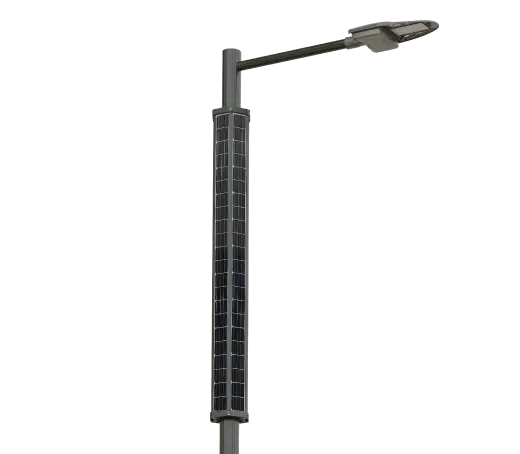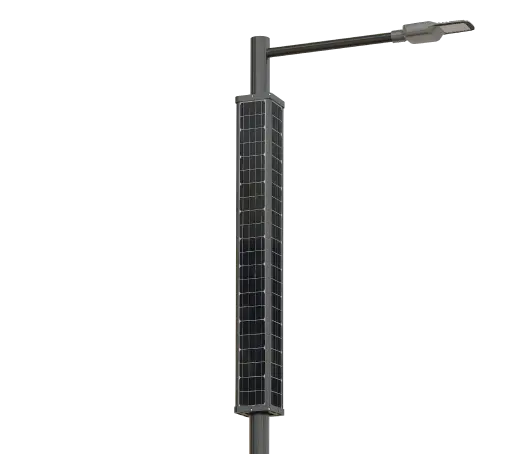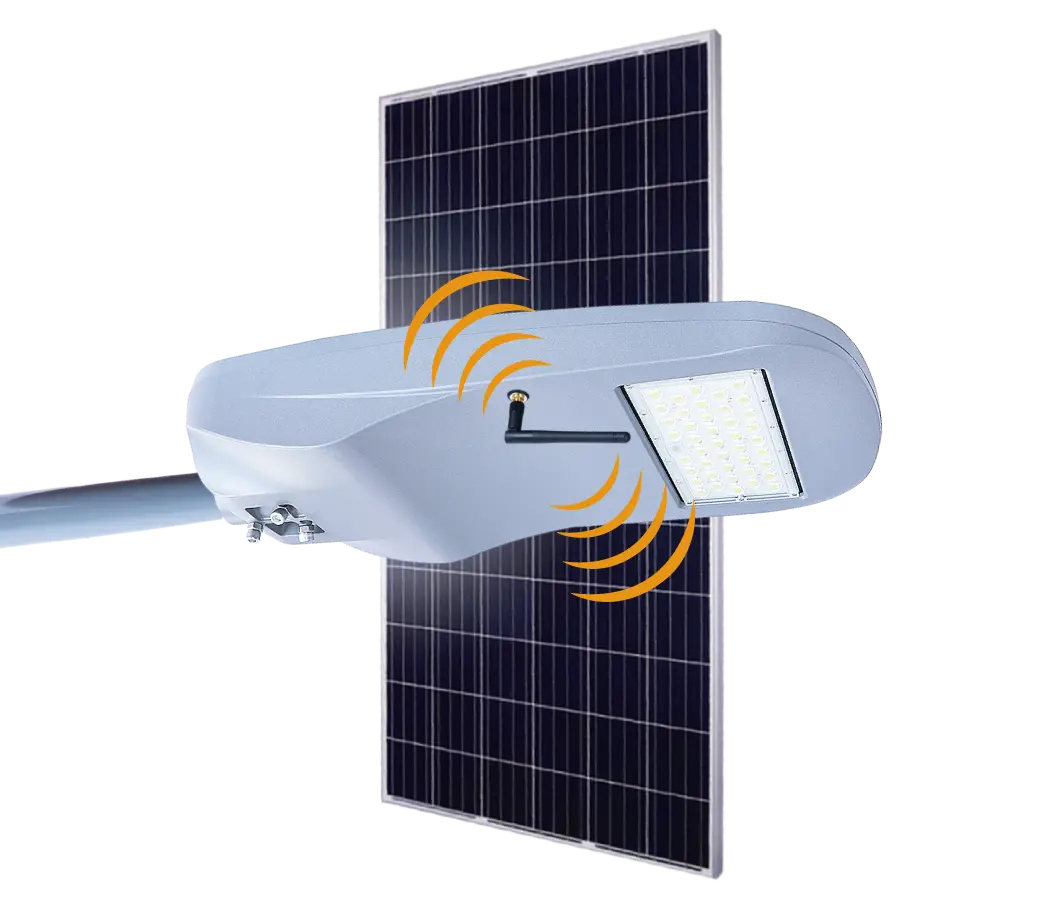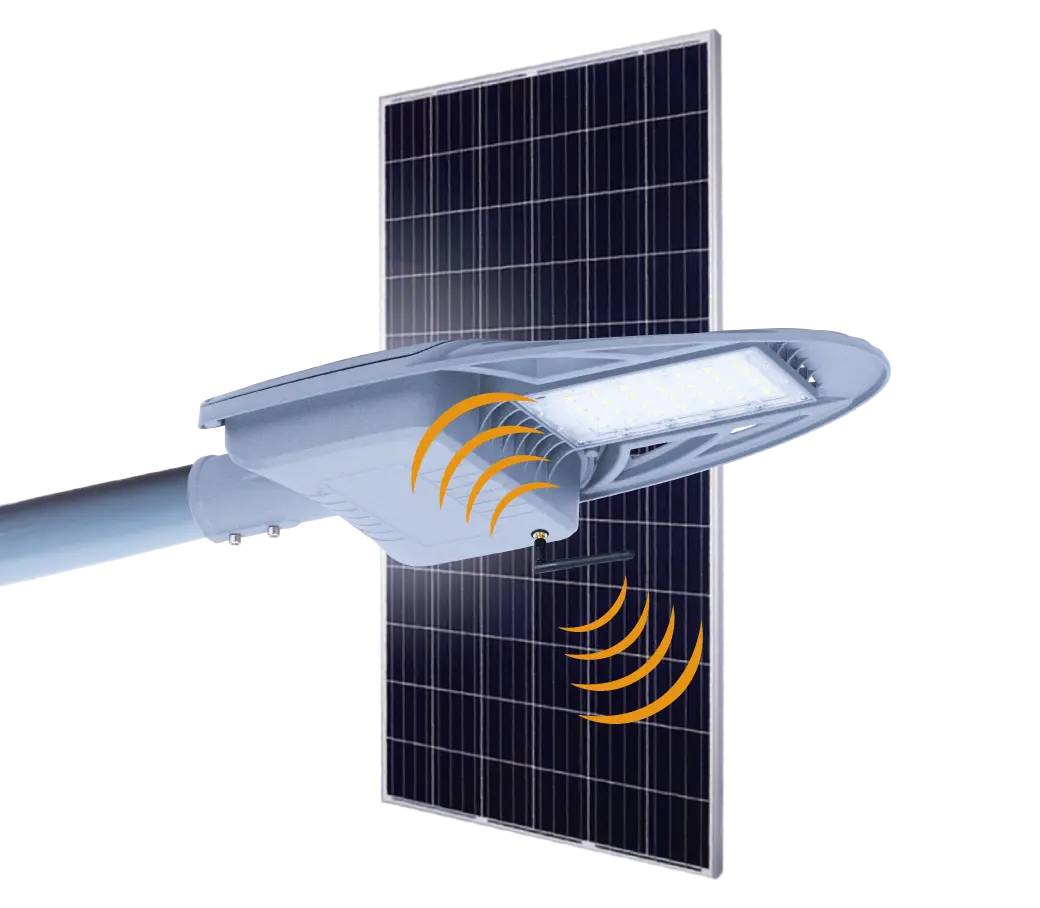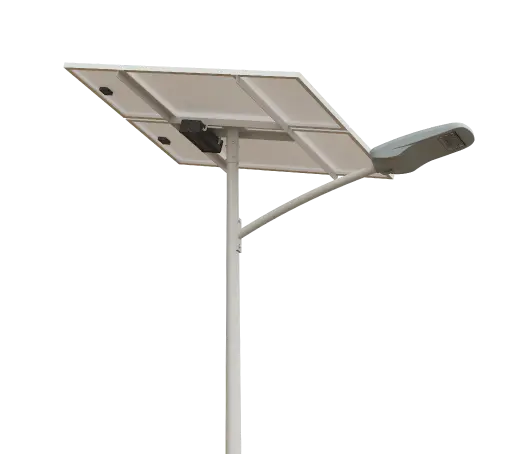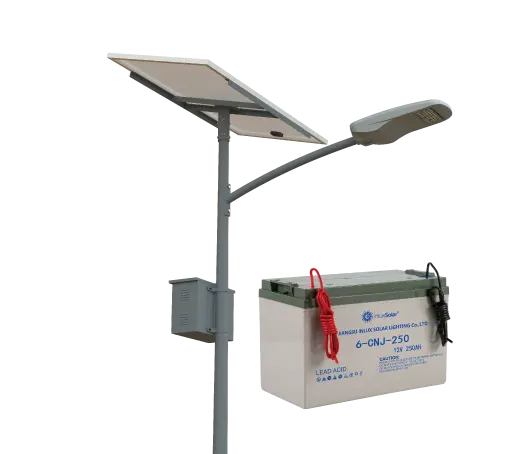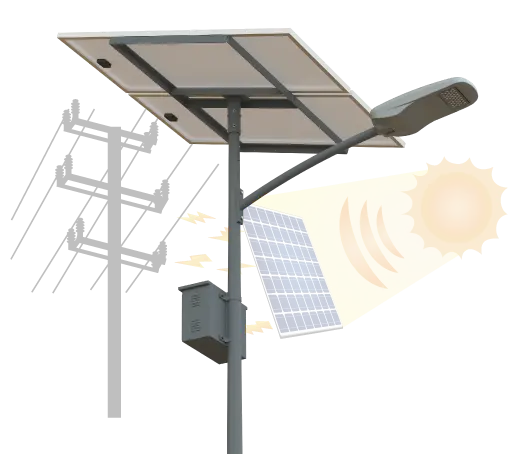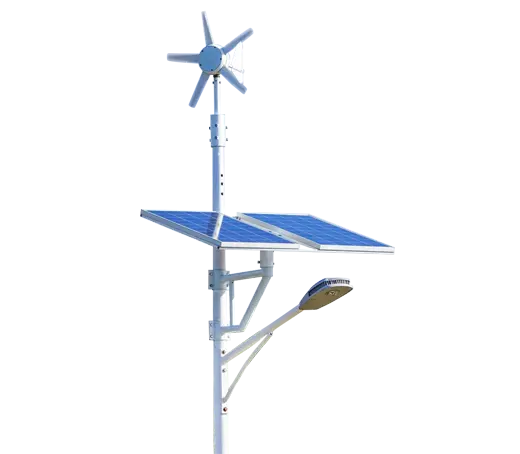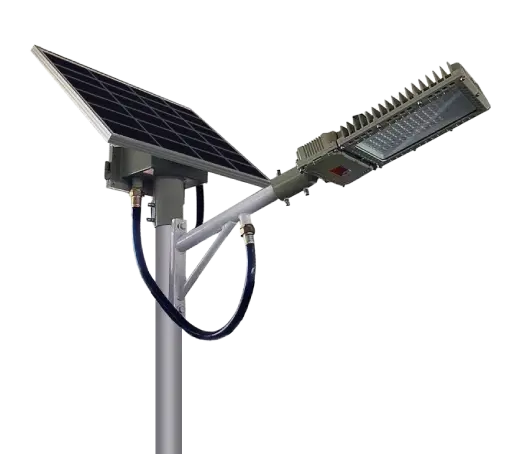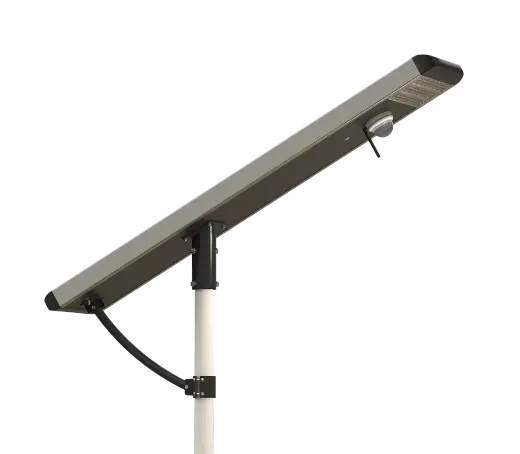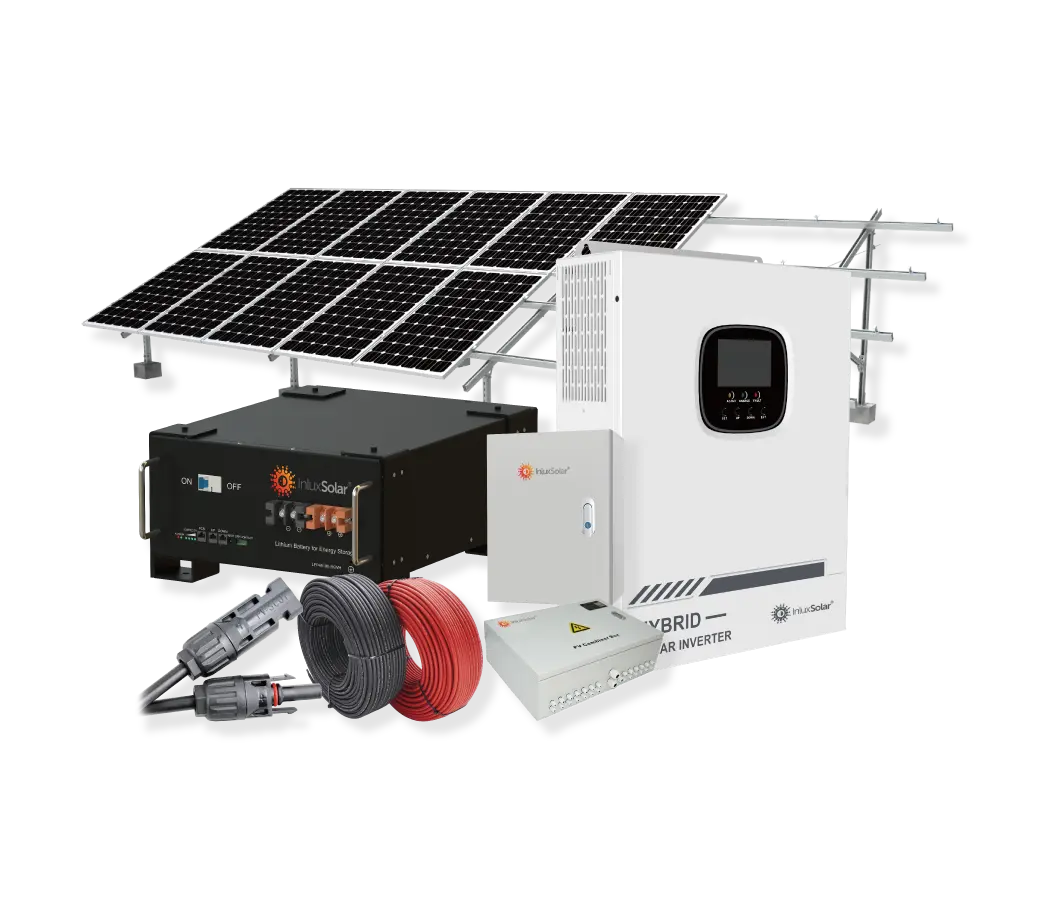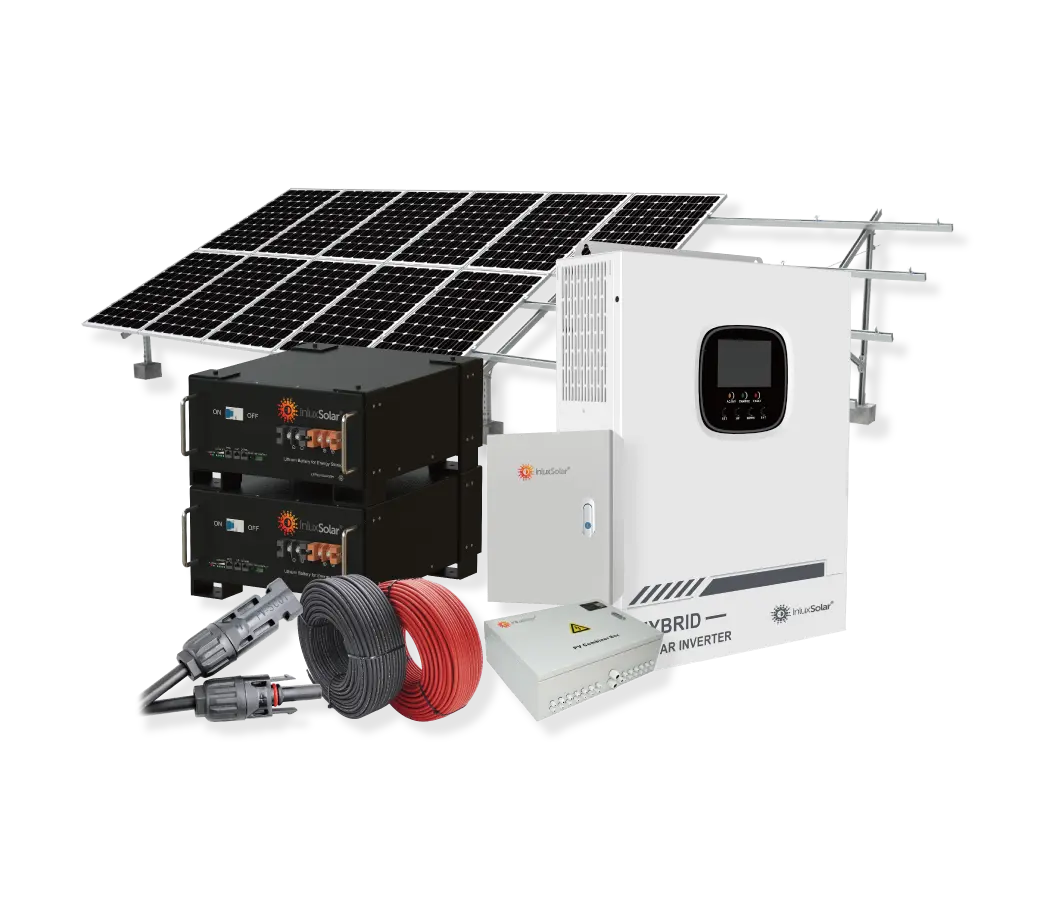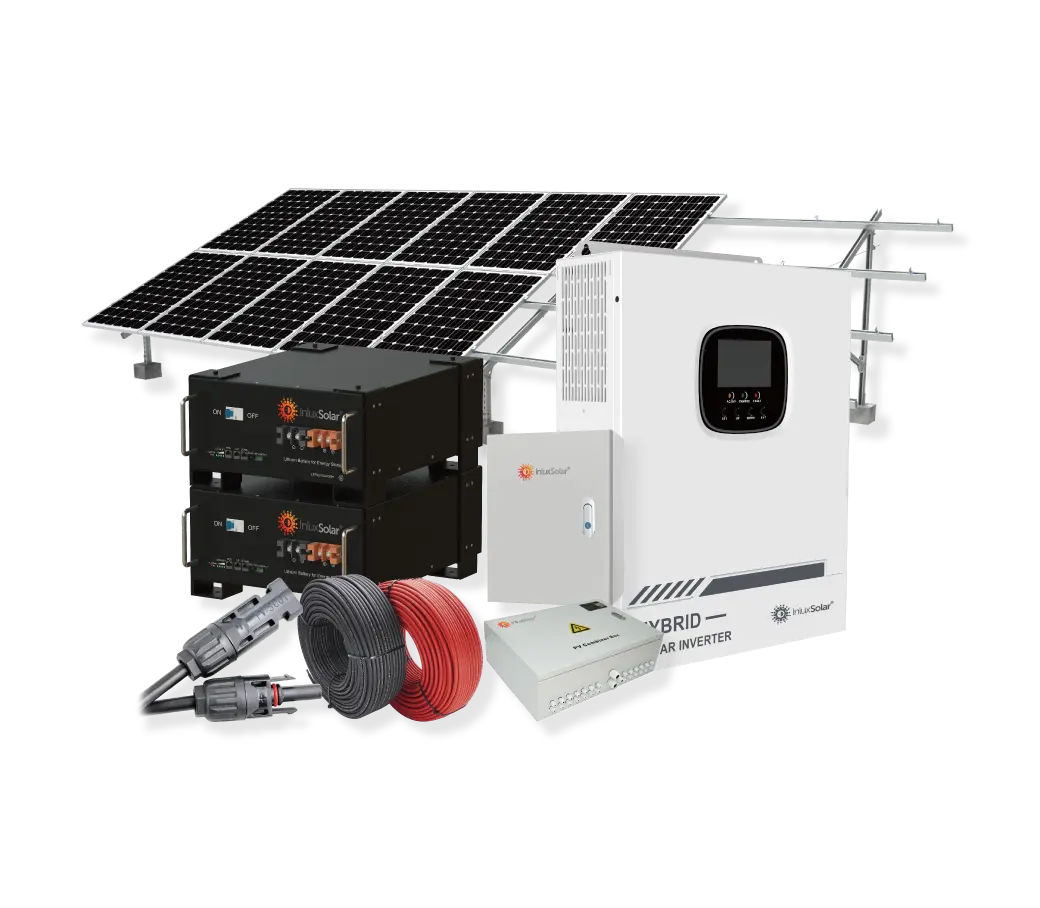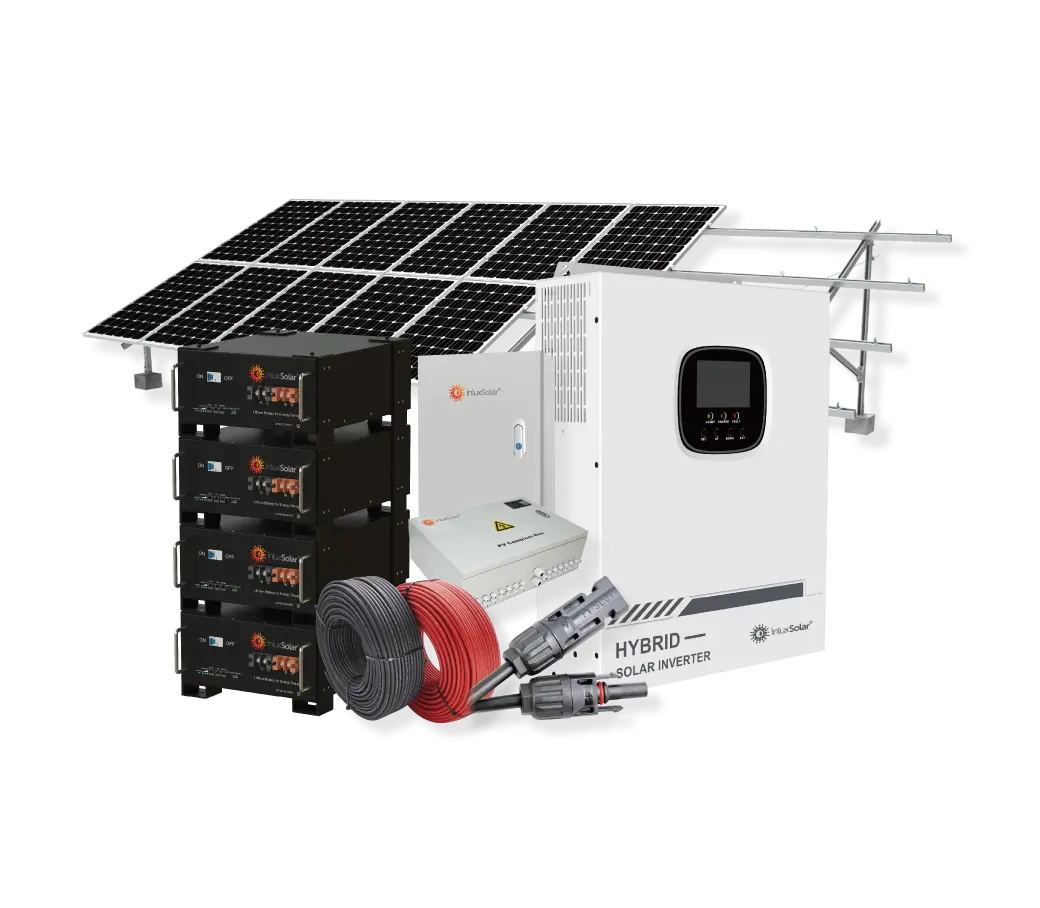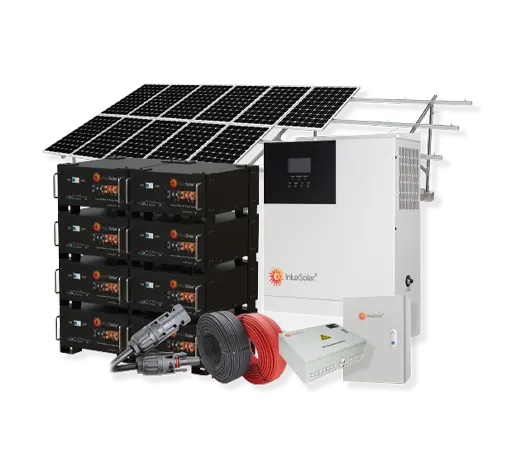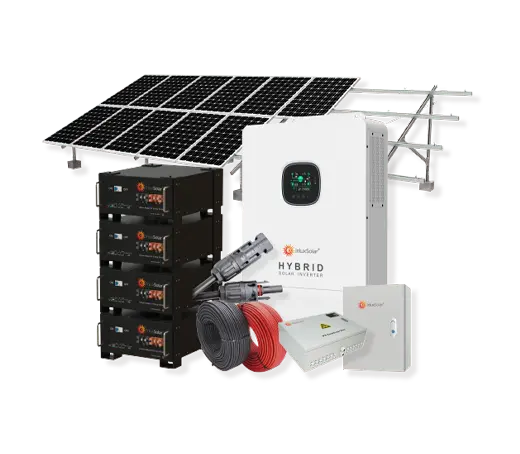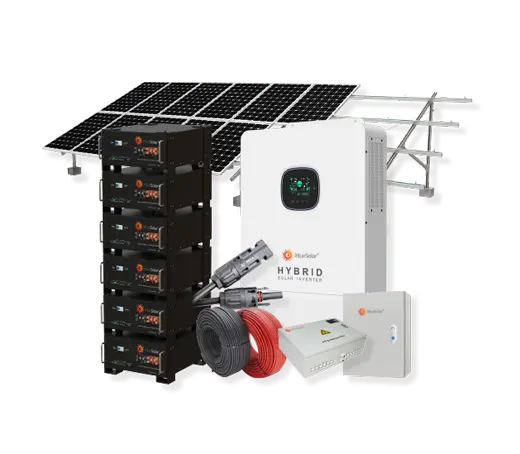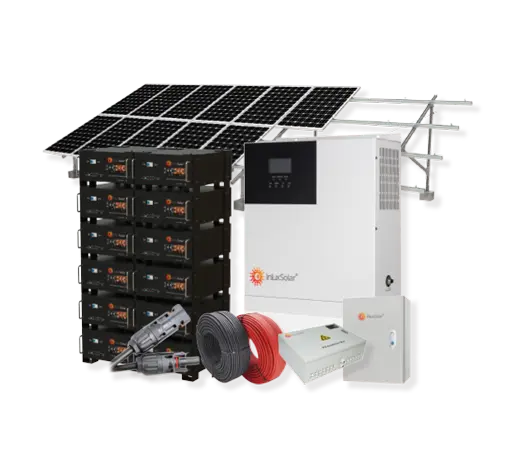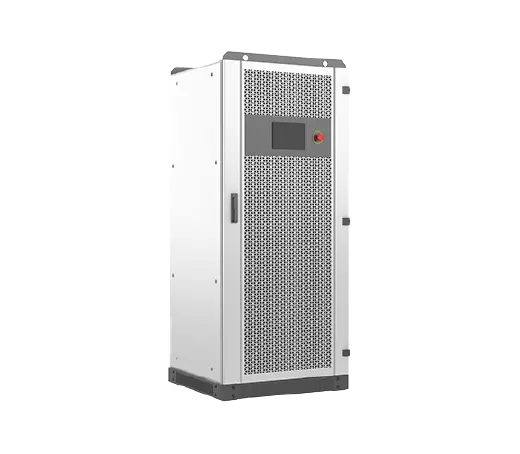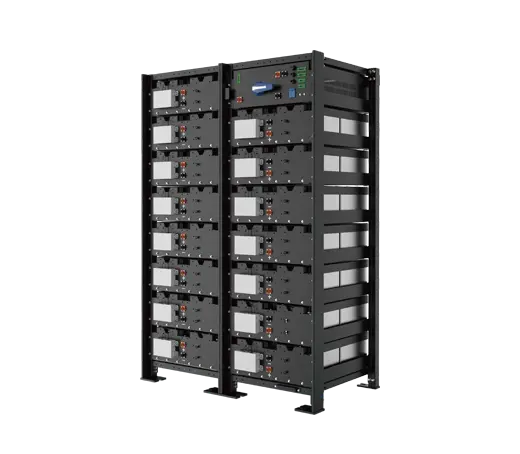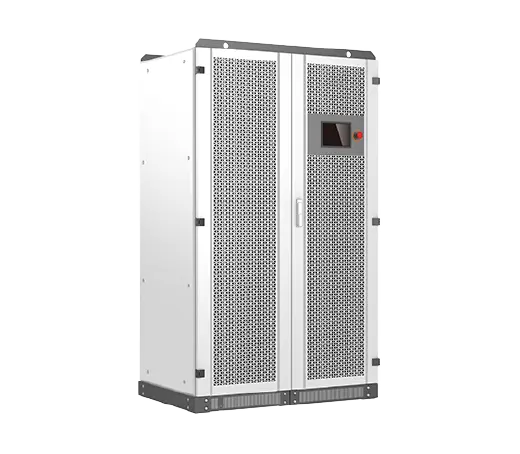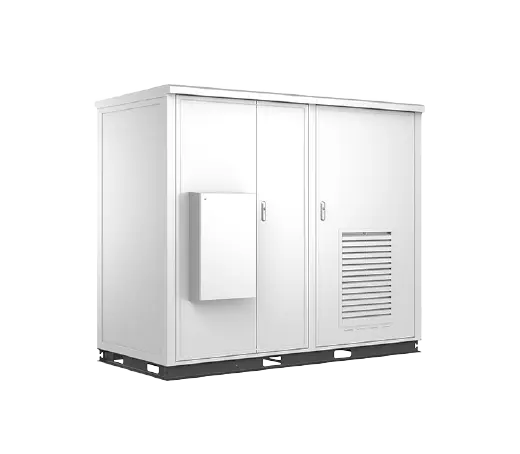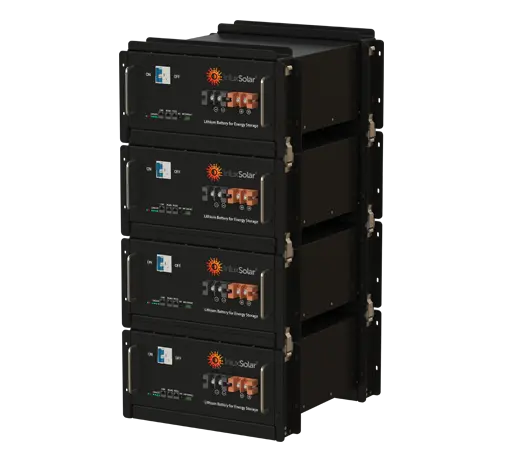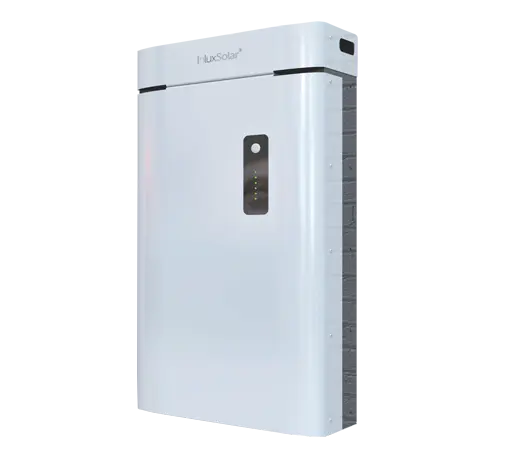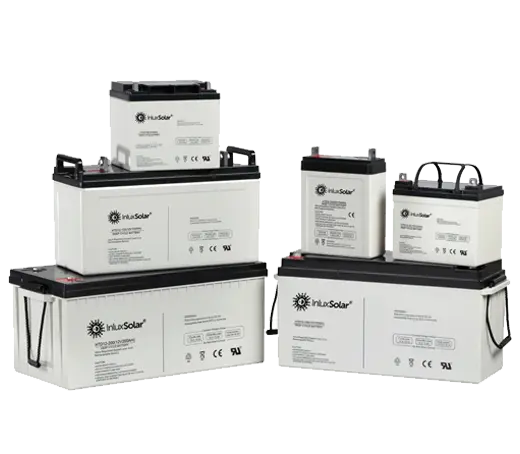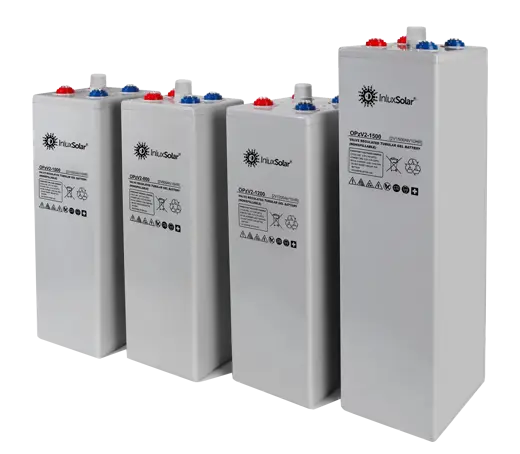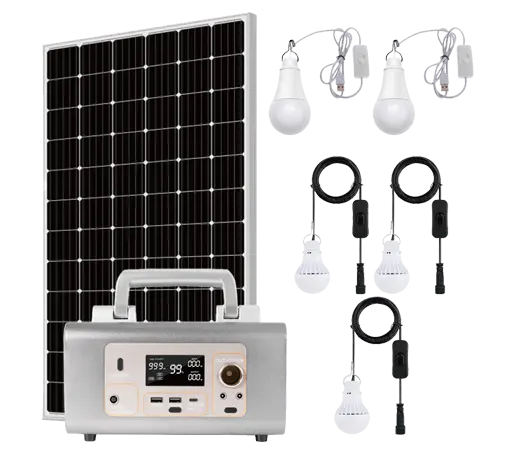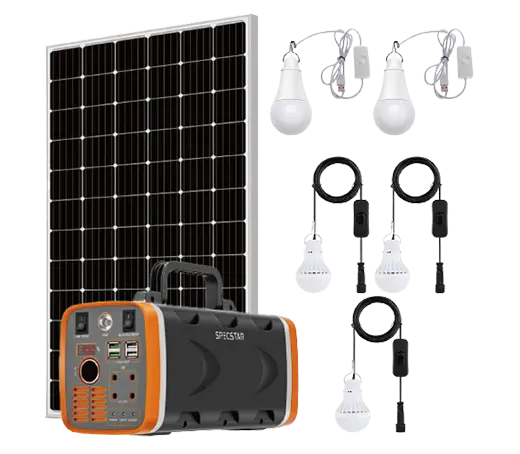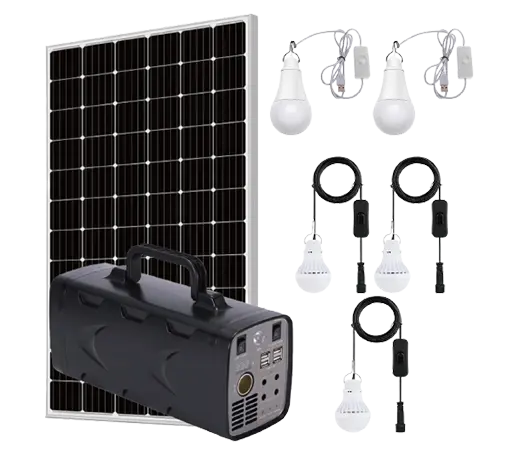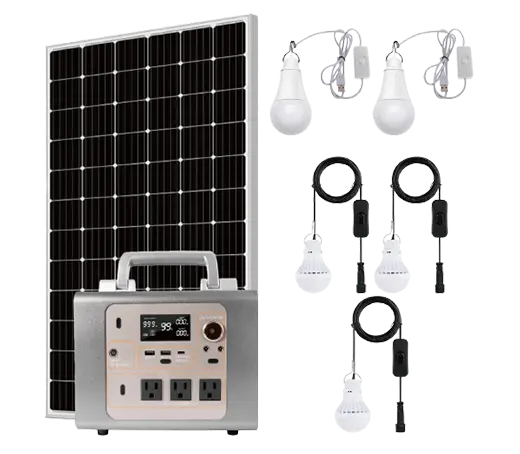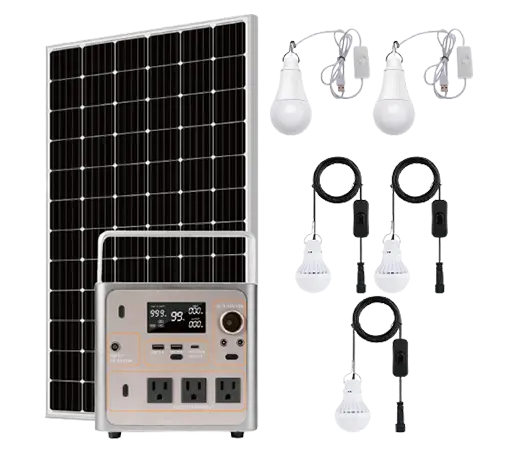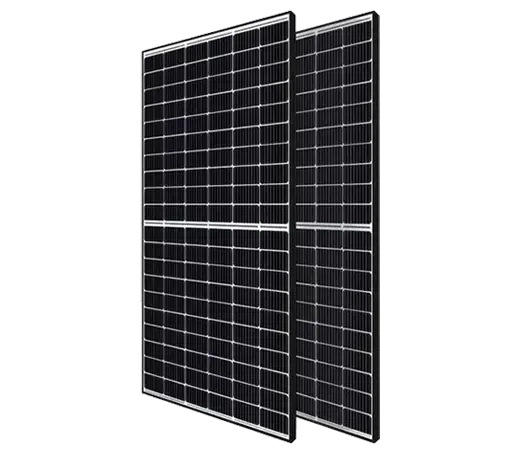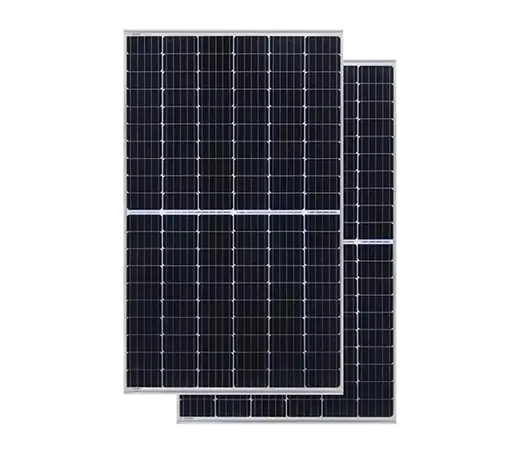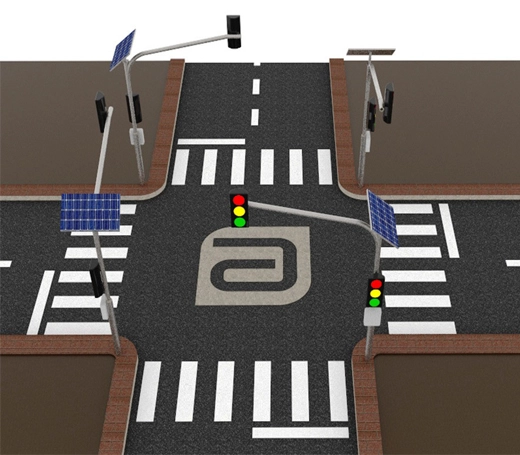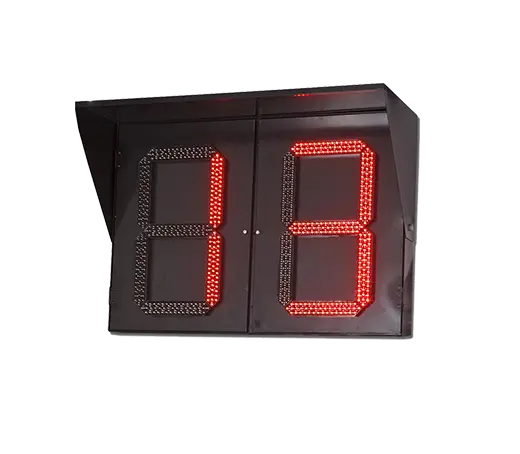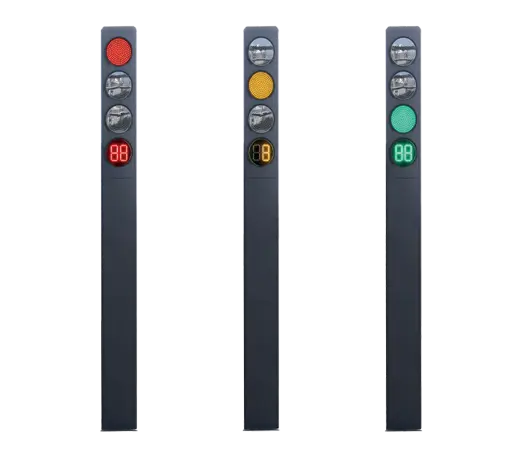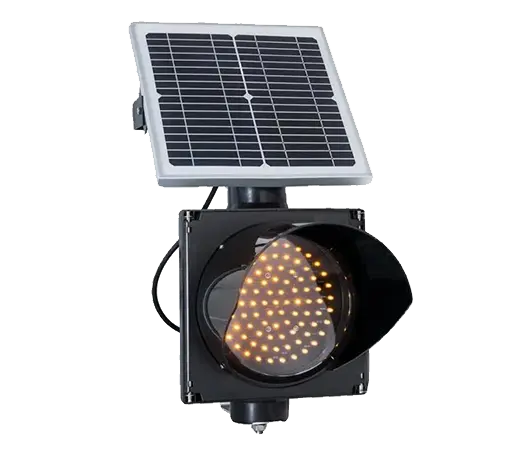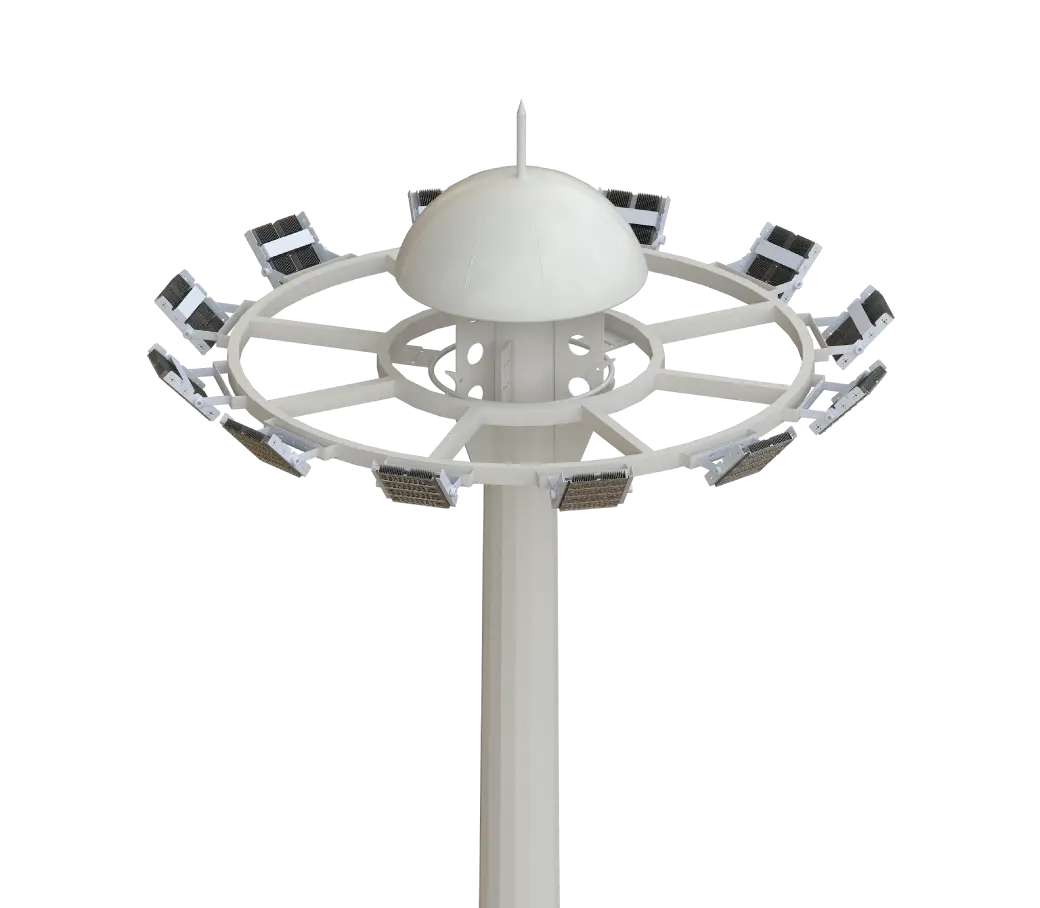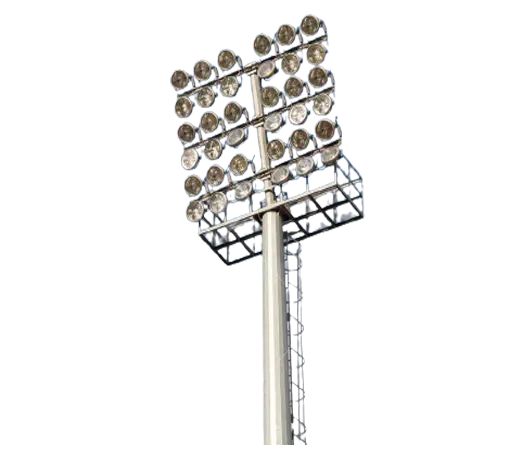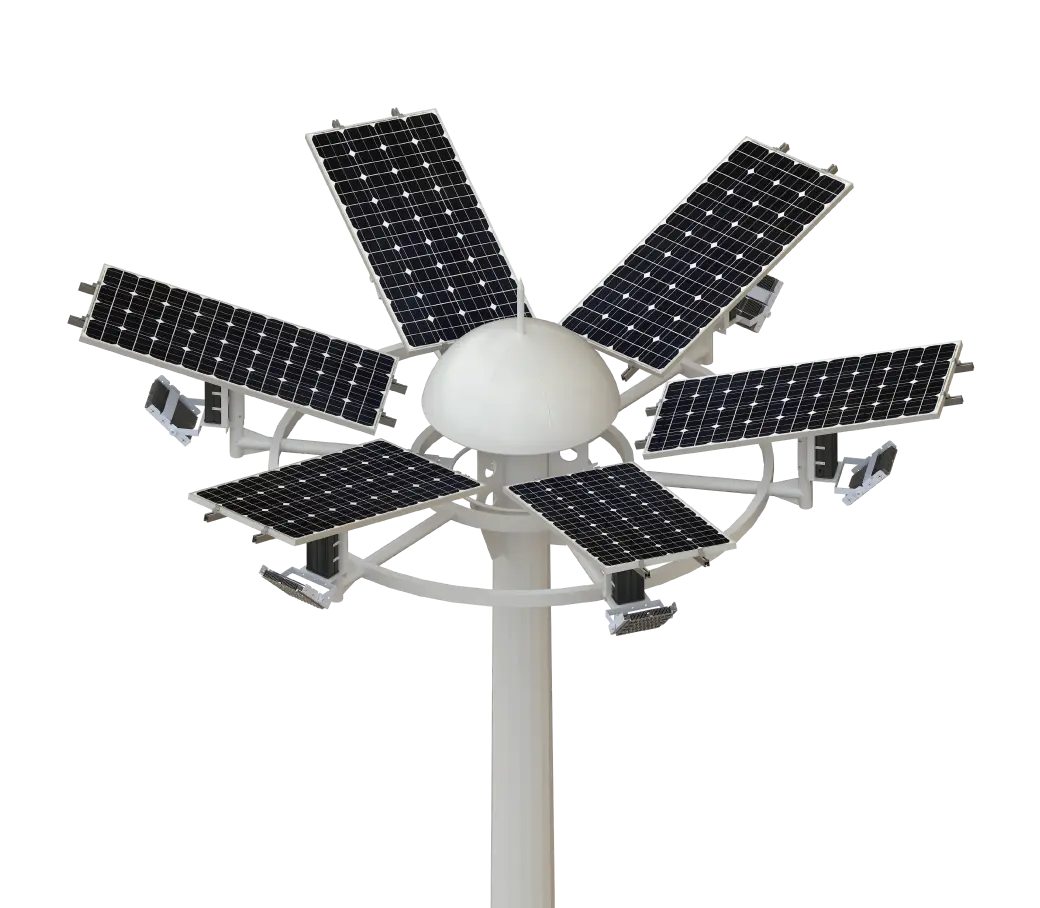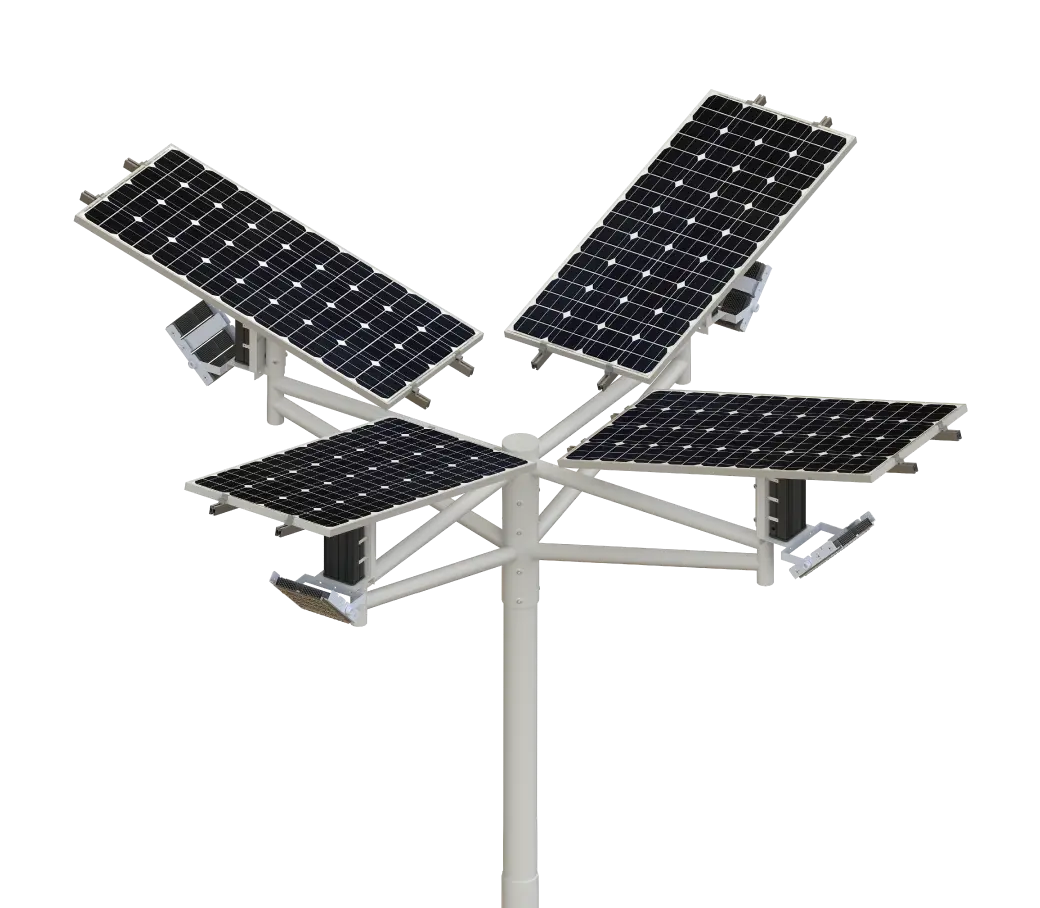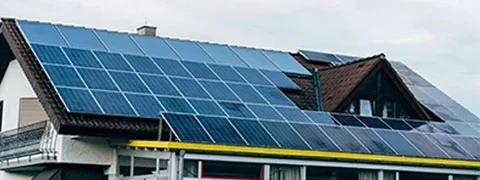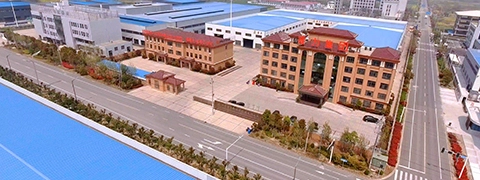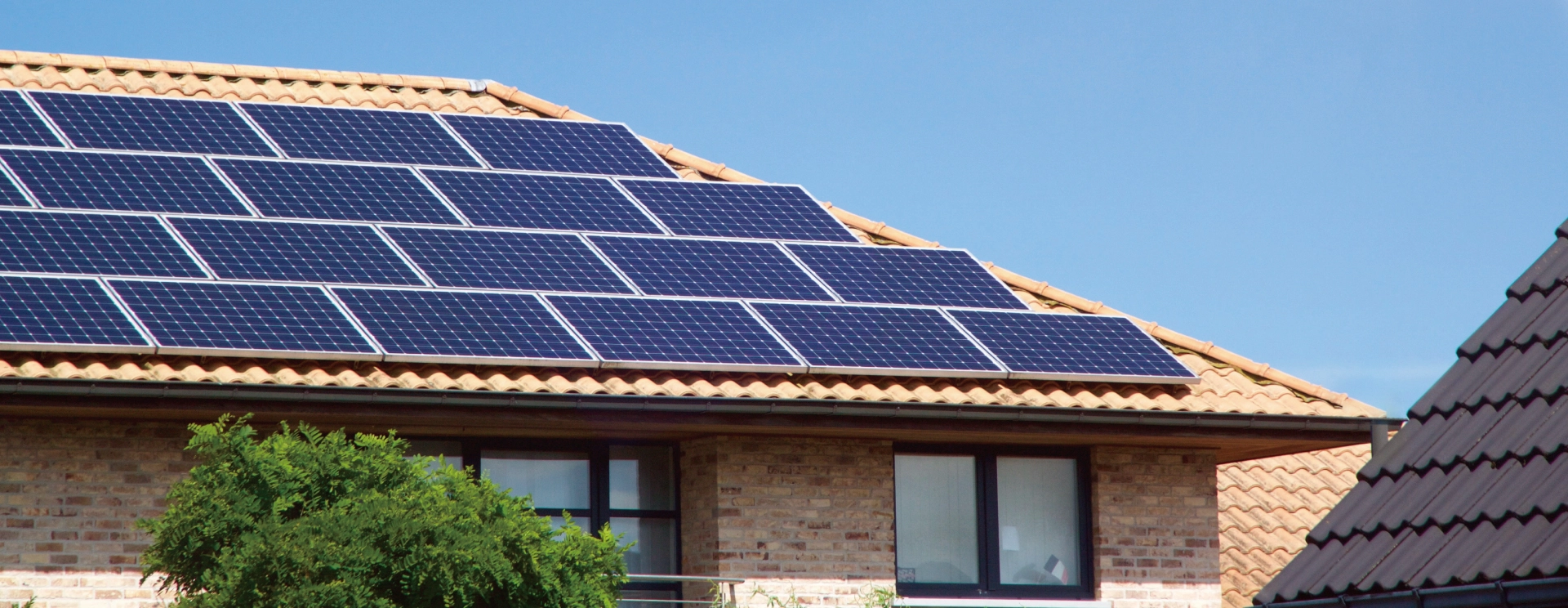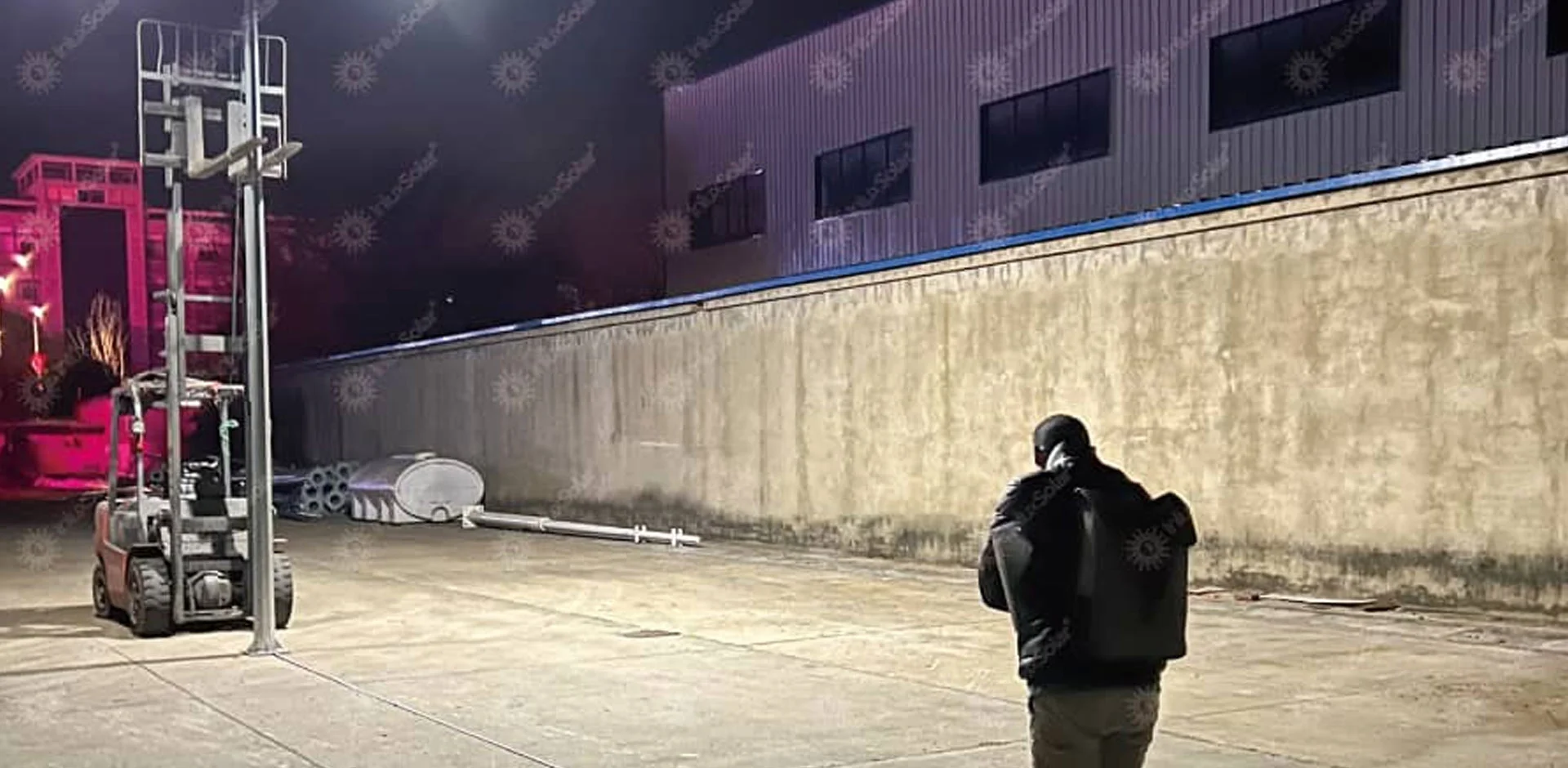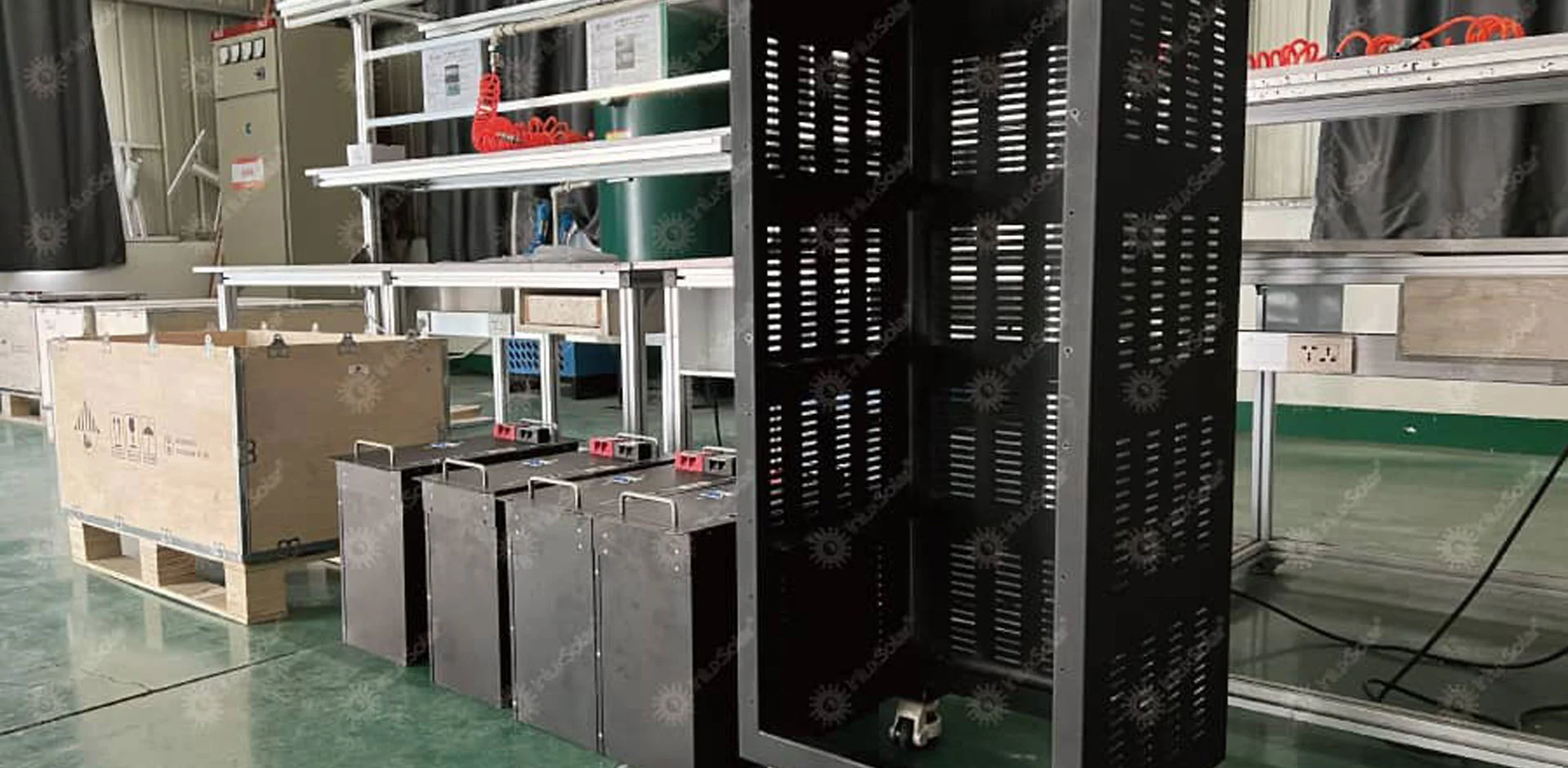Home solar systems, also known as residential solar systems, are a great way to generate your own electricity, reduce your energy bills, and decrease your environmental impact.
Advantages of Home Solar Systems
Energy Savings: Solar panels can significantly reduce your monthly electricity bills. Depending on the size of your solar system and your energy consumption, you could generate enough electricity to cover all of your needs.
Environmentally Friendly: Solar energy is a clean, renewable source of energy that reduces the amount of carbon dioxide and other harmful emissions released into the environment.
Energy Independence: With a home solar system, you can generate your own electricity and become less dependent on your local utility company.
Increased Home Value: Homes equipped with solar energy systems have higher property values and sell more quickly than non-solar homes.
Low Maintenance: Solar panels require little to no maintenance once they’re installed. They are designed to withstand the elements and can last for 25 to 30 years or more.
Tax Credits and Incentives: Many governments offer tax credits, rebates, and other incentives for installing solar panels, which can help offset the initial cost.
Energy Storage: When paired with a battery storage system, you can store excess solar energy to use when the sun isn’t shining, like at night or during power outages.
Grid Independence: In some cases, if your solar system produces more energy than you use, you can sell the excess back to the grid, further reducing your energy costs.
Fixed Energy Costs: Solar panels allow you to lock in energy costs for the life of the system, protecting you from rising electricity prices.
Installation of Home Solar Systems
Installing a home solar system is a process that involves several steps and should be done by a professional solar installer. Here’s a general overview of the process:
Remember, while this gives a general idea of the process, the exact steps can vary depending on the specific system and local regulations. Always hire a professional solar installer to ensure your system is safely and correctly installed.
Site Assessment and Design: The first step is to assess the site and design the solar system. This involves evaluating the roof’s structure and condition, determining the optimal placement and angle for the panels to maximize sun exposure, and designing a system that meets the home’s energy needs.
Obtain Permits: Before installation can begin, the necessary permits must be obtained from local authorities. This often involves submitting the system design for approval.
Install Solar Panels: The solar panels are then installed on the roof using a mounting system. The panels must be securely attached and properly aligned to ensure they can withstand wind and other weather conditions.
Install Inverter: The inverter, which converts the DC electricity produced by the solar panels into AC electricity that can be used in the home, is installed. This is typically mounted on a wall near the main electrical panel.
Connect to the Grid: The system is then connected to the home’s electrical system and the electric grid. This involves wiring the solar panels to the inverter and the inverter to the home’s electrical panel.
Final Inspection and Commissioning: Once everything is installed, an inspection is conducted to ensure everything is properly installed and safe. The system is then commissioned and can begin generating electricity.
Monitor System: After the system is operational, it’s important to monitor its performance to ensure it’s working properly and efficiently. Many inverters come with monitoring software that allows homeowners to track their system’s output and energy savings.


 SolutionsInlux Solar Street Lights are designed to provide energy-efficient lighting solutions for a wide range of applications. They are particularly suitable for use in rural areas, highways, city streets, public parks, sidewalks, parking lots, and commercial properties.
SolutionsInlux Solar Street Lights are designed to provide energy-efficient lighting solutions for a wide range of applications. They are particularly suitable for use in rural areas, highways, city streets, public parks, sidewalks, parking lots, and commercial properties. Projects1000+ Projects in 100+ Countries
Projects1000+ Projects in 100+ Countries About UsAs a Leading international manufacturing company, INLUX SOLAR develops and manufactures advanced solar outdoor lighting and power system solutions for the worldwide commercial & municipal projects.
About UsAs a Leading international manufacturing company, INLUX SOLAR develops and manufactures advanced solar outdoor lighting and power system solutions for the worldwide commercial & municipal projects. English
English français
français Español
Español
